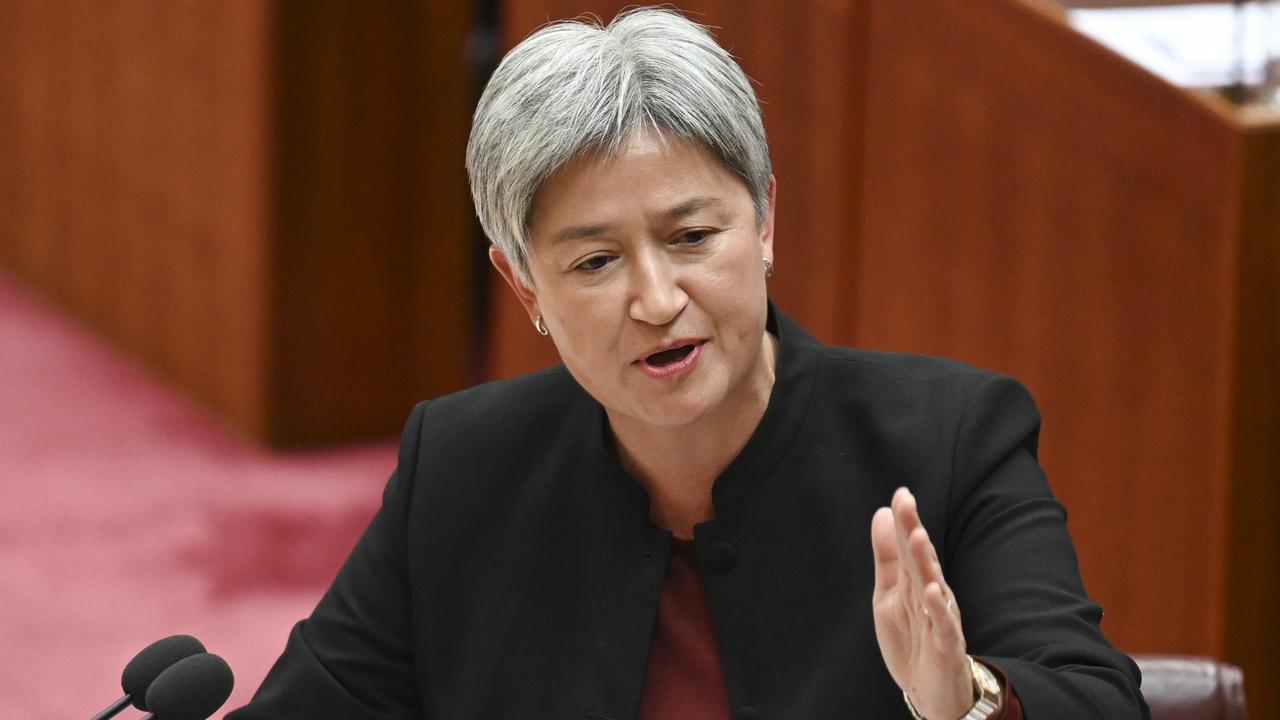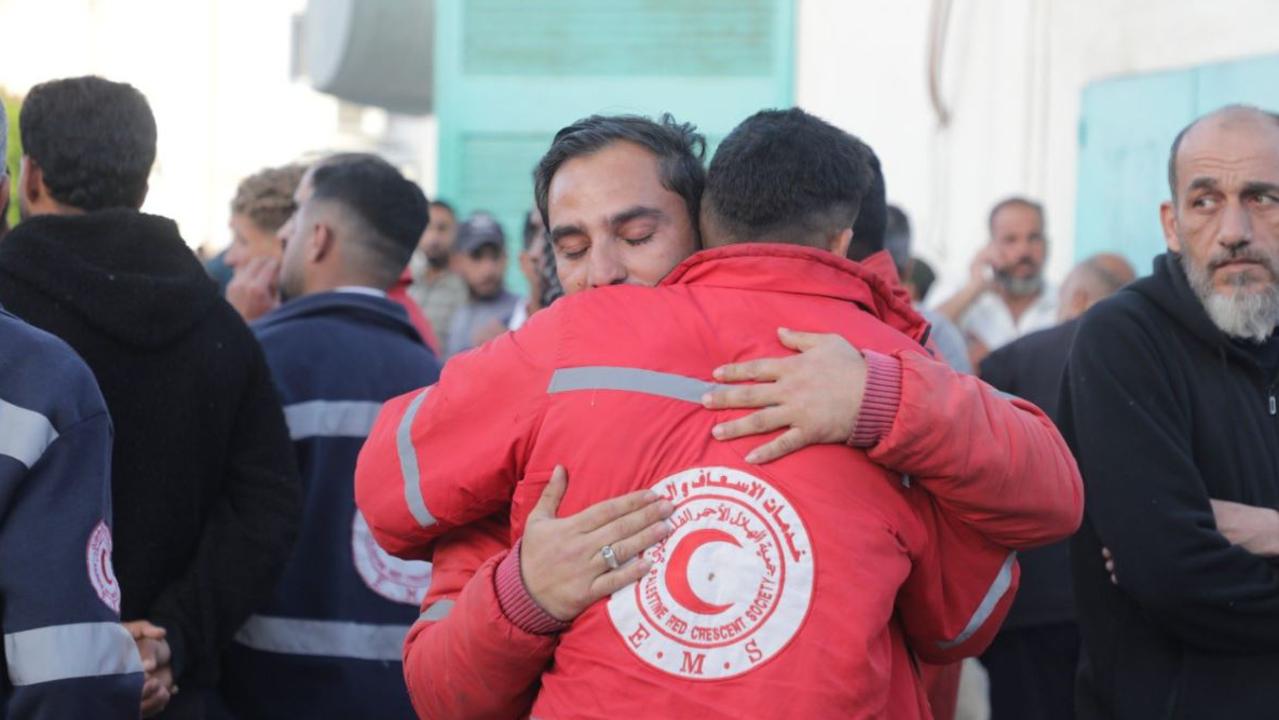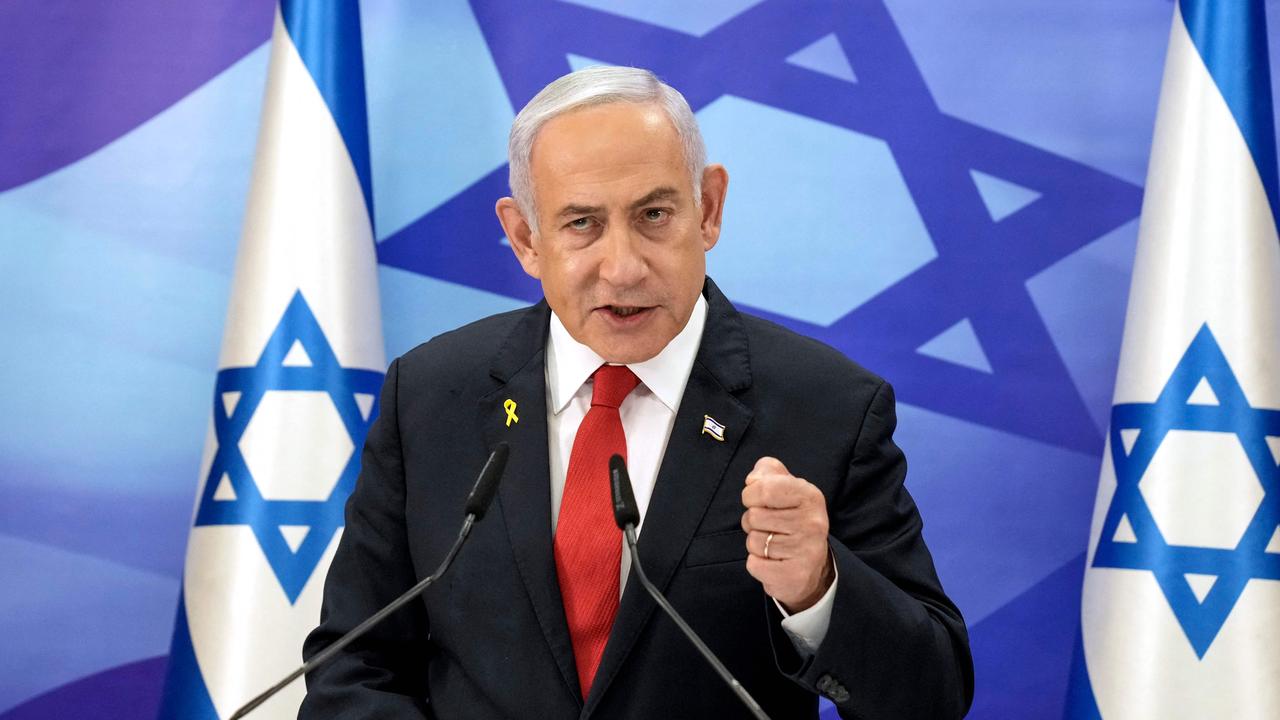Israeli civilians put at severe risk as Hezbollah continues attacks with ‘inaccurate weapons’
A former high-ranking Israeli official has shed light on what it was like to be on the ground as Hezbollah launched another attack on the nation.

A high-ranking Israeli official has shed light on what it was like to be on the ground as Hezbollah launched another attack on the nation.
Lieutenant Colonel Sarit Zehavi, a former intelligence official, says attacks like the ones seen this past weekend will persist until Hezbollah is dismantled.
Speaking on UK news platform Channel 4, Zehavi said Hezbollah was lying about the fact it had only targeted military sites and that it did not wish to escalate conflict further.
“This is a complete lie. I have been awake since 4.30am today, first by the IDF (Israeli Defence Force) attacks and the attacks by Hezbollah,” she said, mentioning how local Israelis were forced to flee to nearby bomb shelters in the dead of the night.
“Hezbollah is using inaccurate weapons and then says they are only targeting military bases.”
Zehavi says she is most concerned with keeping Israeli civilians from harm, as the nation faces one of its most turbulent periods in decades.
There has been intense criticism levelled at the Israeli government for overreaching in its mission towards a securer nation, but Zehavi believes prosperity will only come once all the known terrorist organisations threatening her country’s borders are extinguished.
“It doesn’t make Israelis more safe by eliminating senior commanders. But eliminating capabilities of Hezbollah will make Israelis more safe,” she continued.
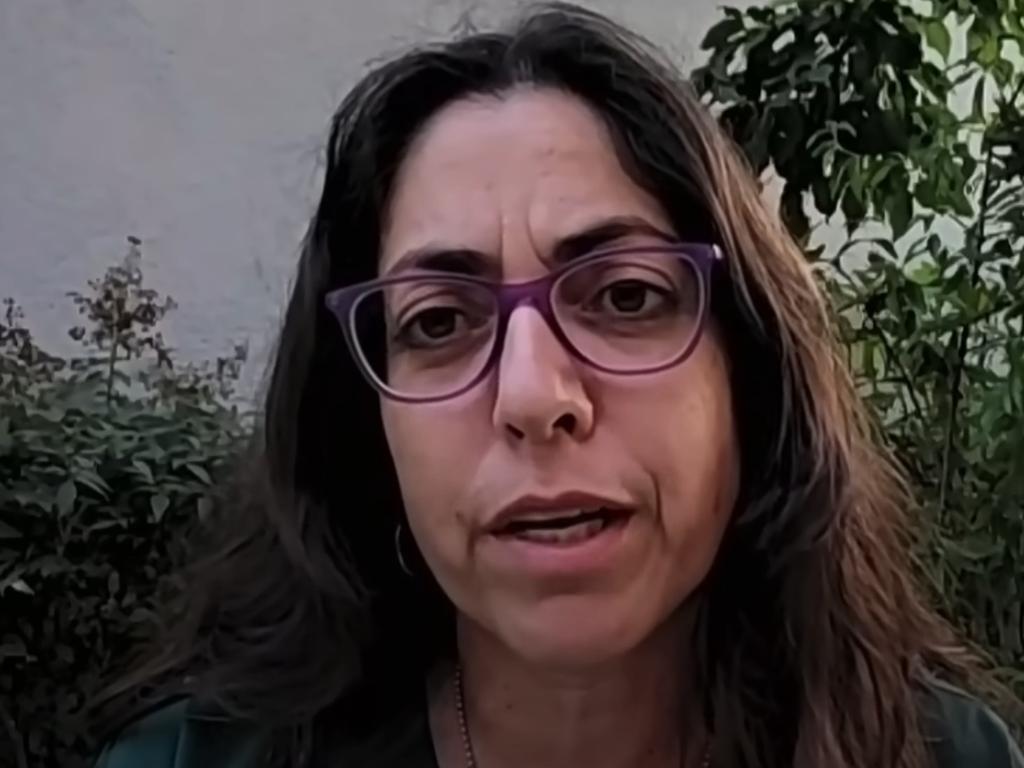
She also believes a ceasefire in Gaza would not immediately make the lives of regular Israelis safer.
“Are we doomed to relive the next massacre of our children? Is this acceptable?” she said.
“I think the international community and Israel can work together on this.”
Hezbollah’s leader Hassan Nasrallah said the “main target” was the Glilot military intelligence base near Tel Aviv, which Israeli media reported is home to the headquarters of the Mossad spy agency.
Israel’s military said there were “no hits” on the base.
The IDF later said it destroyed “thousands” of Hezbollah rocket launchers and thwarted a major attack, while the Lebanese group insisted it had been able to deliver a drone and rocket barrage of its own.
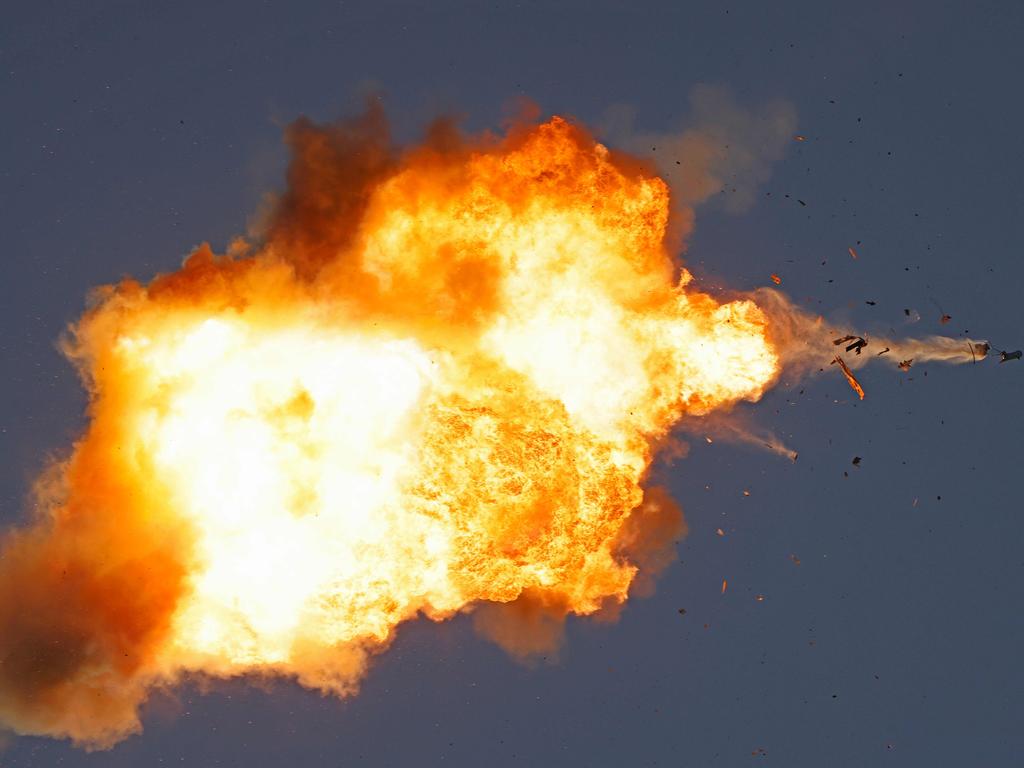
The result was perhaps the biggest exchange of fire in 10 months of a conflict that began with a Hamas attack launched from Gaza and has triggered both new violence on the Lebanon-Israel border and fears of a broader conflagration in the Middle East.
The Israeli military said around 100 of its fighter jets had struck more than 270 targets, “90 per cent” of which “were short-range rockets aimed at northern Israel”.
Hezbollah, the powerful Iran-backed Lebanese armed group, denied that thousands of launchers had been destroyed or that Israel had thwarted a larger attack. It said its own operation “was completed and accomplished”.
Israeli Prime Minister Benjamin Netanyahu told his cabinet the strikes were “not the final word” in the campaign against Hezbollah.
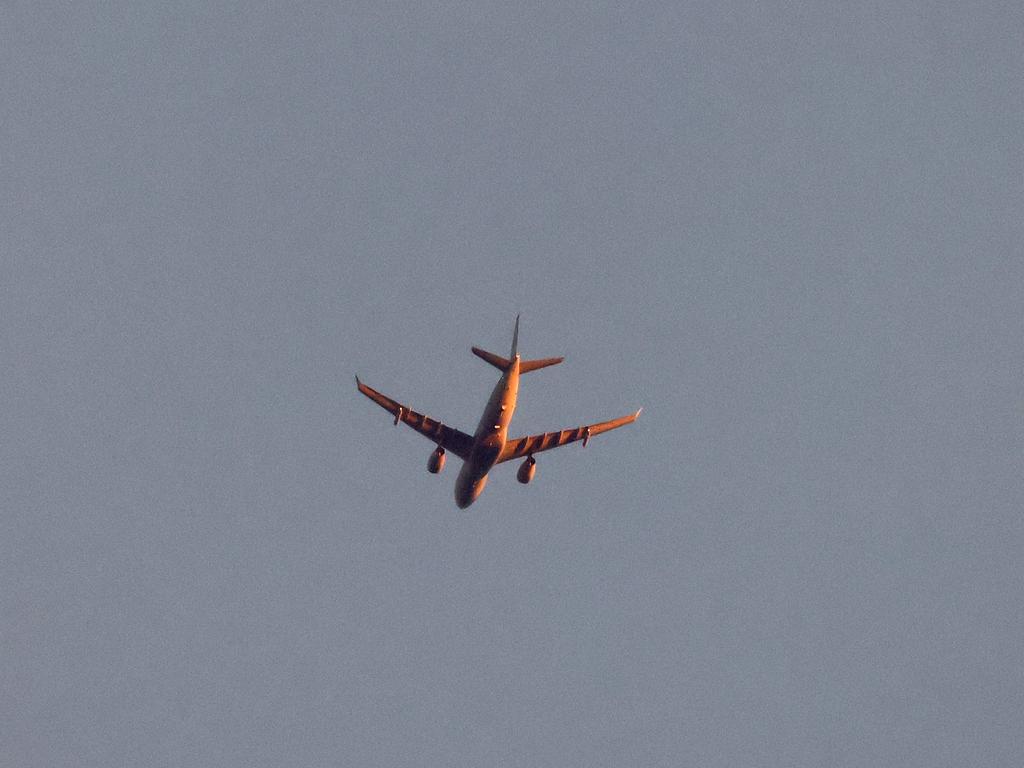
A soldier in the Israeli navy was killed in combat and two more wounded, the military said, with an official telling AFP their boat may have been hit by one of their own side’s air-defence interceptors.
Hezbollah has traded near-daily cross-border fire with Israeli forces throughout the Gaza war, in what Hezbollah says is support for its Palestinian ally Hamas.
But fears of a wider regional conflagration soared after attacks in late July, blamed on Israel, killed Iran-aligned militant leaders including the Hamas political chief and a top Hezbollah commander, Fuad Shukr, which prompted vows of revenge.
Britain and Jordan were among those to appeal on Sunday for an end to the escalation and a ceasefire in Gaza.
Jordanian Foreign Minister Ayman Safadi also called for the UN Security Council to take “deterrent” and “effective” measures against Netanyahu and his ministers who “kill all chances of achieving peace”.
Hezbollah said its militants launched “a large number of drones” and “more than 320” Katyusha rockets targeting “enemy positions” across the border.

Military spokesman Rear Admiral Daniel Hagari said Israel “was aware” of six militants “killed in the strikes”.
Another military spokesman, Nadav Shoshani, said Hezbollah’s strikes were “part of a larger attack that was planned and we were able to thwart a big part of it this morning”.
The fighting disrupted air travel in Israel and Lebanon, with both British Airways and Air France among those suspending flights to Tel Aviv.
Meanwhile, Lebanese Prime Minister Najib Mikati told an emergency cabinet meeting he was in contact with “Lebanon’s friends to stop the escalation”.
General Charles Brown, the most senior officer in the US military, arrived in Israel on Sunday evening to meet his Israeli counterpart Lieutenant General Herzi Halevi, the Israeli military said.
The United States is Israel’s top military supplier.
A US defence official said Washington had helped track the Hezbollah barrage although it was not involved in shooting down any drones or rockets or in the strikes on Lebanon.
The Flightradar24 tracking website on Sunday afternoon showed a US Navy surveillance drone had been flying over nearby Mediterranean waters.
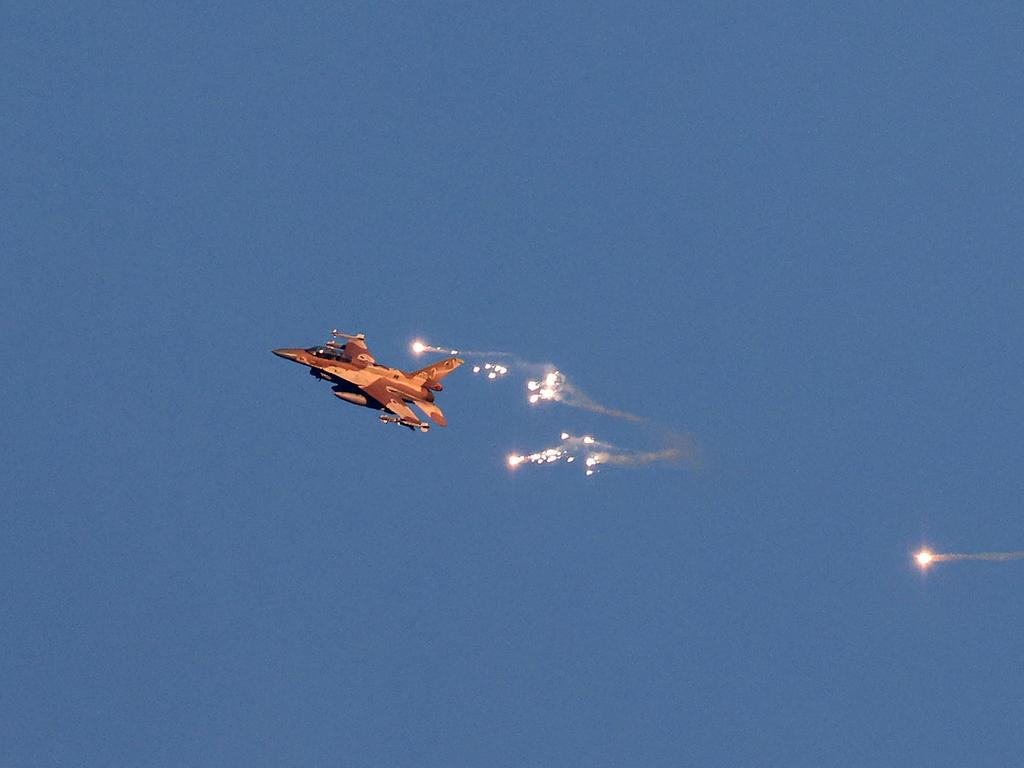
Hamas hailed Hezbollah’s Sunday attack as “a slap in the face” for Israel, and the Palestinian movement on Sunday night said it fired a rocket toward Tel Aviv.
Israel’s military said it landed in an “open area” south of the city. In the leadup to Sunday’s major exchange, Western and Arab diplomats had sought to head off regional retaliation, stressing the urgency of reaching a Gaza ceasefire and hostage release deal.
Egypt’s President Abdel Fattah al-Sisi, whose officials have been mediating Gaza truce talks for months alongside the US and Qatar, “warned of the dangers of a new front opening in Lebanon” and called for progress in the talks to enable a “path to calm and stability in the region” his office said.
A Hamas official said on Sunday the group’s delegation had left the Egyptian capital after meeting with mediators.
In Gaza, witnesses said battles raged in the area of Deir al-Balah, in the territory’s central region.
Hamas’s October 7 attack on southern Israel resulted in the deaths of 1,199 people, most of them civilians, according to an AFP tally based on Israeli official figures.
Israel’s retaliatory military campaign has killed at least 40,405 people in Gaza, according to the Hamas-run territory’s health ministry, which does not break down civilian and militant deaths. The UN rights office says most of the dead are women and children.
Out of 251 hostages seized by Palestinian militants in their attack, 105 remain in Gaza including 34 the Israeli military says are dead.
- with AFP


